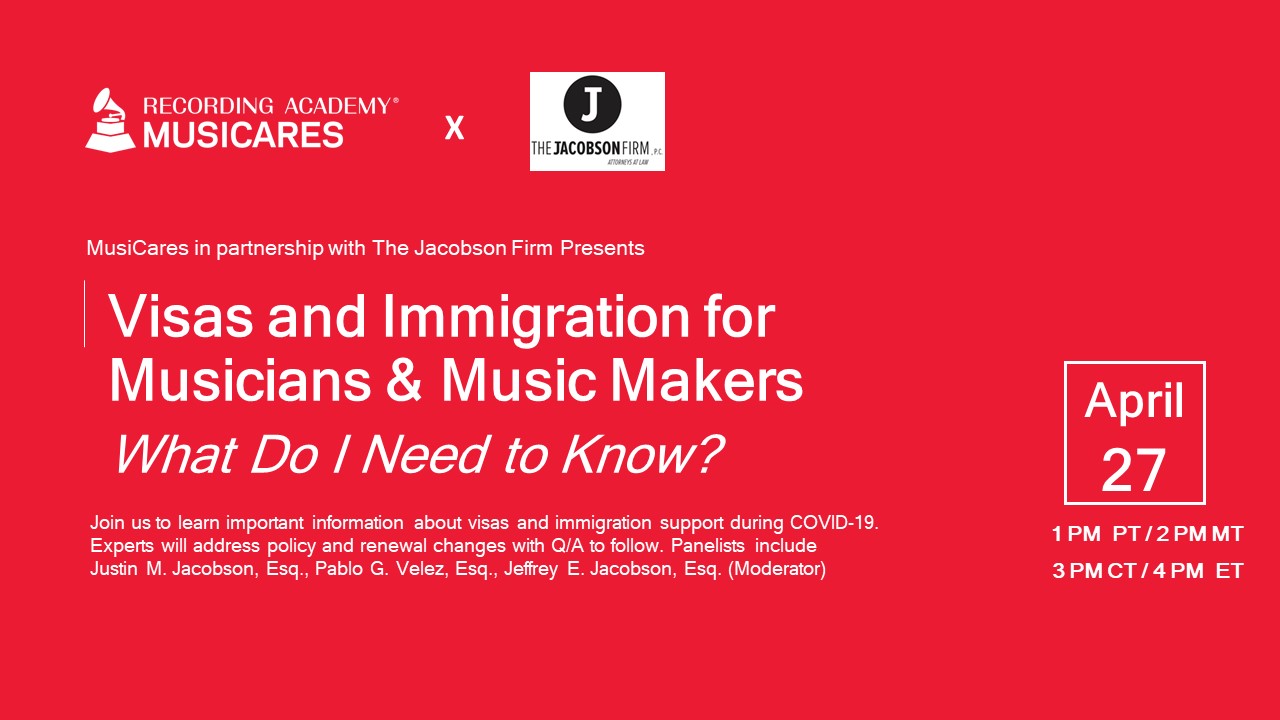A Brief Look At Live Performance Agreements
By Justin M. Jacobson, Esq.
While there has been a decline in recorded music sales, the live performance sphere of the music business continues to post substantial numbers. For example, in 2016, Billboard Magazine stated that global “gross box-office revenue” exceeded “$5.5 billion dollars.” With such substantial sums earned through touring, most artists are scrambling to get their own “piece of the pie” and embark on their own live performances. While it is not required, it is prudent for a musician to enter into a written contract, sometimes referred to as a live performance agreement, for the commissioned concert that the artist intends to perform. These documents are typically between the artist or a third-party who is able to act on behalf of and bind the artist, such as their booking agent or manager, and the venue owner or the event promoter. We will now examine some important matters that should be addressed in a live performance agreement.
The key components of a live appearance contract are the date, time and the length of the artist’s performance. These essential terms should be clearly outlined and agreed upon in writing so that an artist knows exactly how long, when, and where they are performing. Additionally, if it is necessary for the musician’s show, the contract should also specify the times for any equipment “loading” and “unloading” as well as potentially a scheduled time for a “sound check.” A “sound check” is typically conducted by an artist before the show to ensure that the artist’s equipment functions properly and that the sound is suitable for the musician’s show. The performer should also be aware of the scheduled times that the doors open as well as when they are slated to actually perform to ensure that they arrive to the venue on time.
Below is an example of language that describes the artist’s control over their live performance as well as specifies a time period for a “sound check.”
Engagement/Sound Check – Artist agrees to appear and perform to the best of Artist’s ability and up to Artist’s customary standards as a professional musician, at such times and places as agreed to with Promoter in this Agreement. Artist shall be provided with reasonable time for a sound-check and rehearsal at Promoter’s Venue on the date of Engagement, but not later than three (3) hours prior to doors opening. Artist shall have sole and exclusive control over all aspects of its Engagement for Promoter, including production, presentation and performance of Artist’s show, including but not limited to personnel, instrumentation and repertoire.
If there is more than one artist performing in a particular show, such as a large musician showcase or a co-headliner, it is prudent to outline and agreed upon each musician’s performance length, the time of each performance, and the order of their appearances. It is also important to discuss how the musicians are “billed” on any promotional flyers or advertisements. A performer’s “billing” is how the particular artist is listed on marketing materials. It is practical to have any parameters related to how an artist is “billed” written in the contract, including the font or text size (i.e., how large or small the artist’s name is displayed), the positioning (near the top or the bottom in a list of artists) and how the artist is described on the flyer. This could include being “billed” as the “headliner,” an “opening act,” or merely just listed as a participant in a larger music showcase or festival. The order of the artists on the promotional materials could be alphabetical, based on the order of performances, or based on some other standard that the event producer chooses, such as notoriety of the artists. Again, all of these points can and should be addressed in a performance agreement to ensure that all parties are aware and comfortable with the arrangements. A musician should also try to negotiate for some pre-approval right over any artwork, flyers or other public advertisements, whether electronically or physically distributed, to ensure that everything is acceptable and complies with the artist’s requests.
A clause that provides the artist with such approval is displayed below.
Artwork And Advertising – Any and all artwork, flyers, promotional tickets and/or advertisements regarding the Engagement created by Promoter must be pre-approved by Artist and/or Artist’s Agent prior to any electronic or physical distribution by Promoter. Furthermore, no promotional or advertisement materials may be distributed by Promoter prior to payment of the Deposit to Artist hereunder. All advertising materials must contain the Artist’s pre-approved logo and photograph as provided to Promoter by Artist. Artist shall receive top billing as “headliner” in 100% font type in any and all advertising and publicity issued by or under the control of the Promoter related to the Engagement.
Another important matter that should be addressed in a performance agreement is the payment terms. This includes the amount paid for the artist’s performance, how the musician receives the fee and by what means of payment. The fee an artist receives for their performance varies. An artist can receive a “flat” fee, a flat fee plus a percentage of what the event earns, including ticket sales and monies earned at “the door,” solely a percentage of what the event earns, or merely a set percentage of any ticket sales that the artist individually sells. If an artist receives a percentage of sales, including pre-sales and monies earned on the night of the event, the specific percentage should be listed in the agreement. In addition, the contract should list any expenses deducted from the event earnings, such as event and door personnel costs, promotional flyers design costs, advertising/promotional costs, venue rental fees, lighting or sound equipment rental fees, insurance, event security costs, stage crew costs, and appropriate public performance license fees.
Also, an artist should be aware of and the agreement should specify what the pre-sale ticket price is, what the “door price” will be and what the venue capacity is to better gauge the performer’s potential earnings. If the artist is entitled to a percentage of the event earnings, it is prudent that the musician have one of their team at the door with a counter to tally everyone who enters in order to obtain a proper final sales count. This process is referred to as “settling the box office” and is where the promoter and the talent “settle up” on the owed expenses and the artist receives their cut of the night’s earnings. Furthermore, the contract should list the number of complimentary tickets or “comps” that the event promoter may provide in an effort to prevent the promoter from “papering the house.” That means that the event producer gives away as many free tickets or event entrances as possible to make the event seem packed; so, a prudent musician tries to limit this amount.
Another important term that should be listed in a performance agreement is how payment shall be made. Typically, the event promoter pays a deposit to reserve the artist for a particular date. This amount is usually fifty (50%) percent of the total performance fee and is paid in advance of the show. The contract should also specify how payment shall be made, such as by a wire transfer, by check or some other payment means, to whom payment should be made to, and whether the artist or the artist’s agent or manager holds the deposit. Finally, the agreement should list how the balance of the performance fee shall be paid. Payment could be scheduled as desired, including the final payment made twenty-four (24) or forty-eight (48) hours before the scheduled performance, payment on the day of the performance, payment when the artist arrives at the venue, payment when the artist arrives in town and checks into the hotel (if out of state), or payment when the artist actually finishes their live performance. In rare cases, some top musicians may command the inclusion of a “versus clause” in their agreements. That means that the artist earns a guaranteed performance fee or a specified percentage of the show’s profits, whichever amount is greater.
Below is language that helps illustrate how payment terms could be expressed.
Compensation – Promoter will pay Artist a total fee (the “Total Fee”) of one thousand ($1,000.00) dollars as follows: (A) five hundred ($500.00) dollars of the Total Fee is due upon execution of this Agreement (the “Deposit”); and, (B) the remaining amount of the Total Fee of five hundred ($500.00) dollars is due by 3 PM on the day of the Engagement to Artist’s agent. Promoter shall make the Deposit by non-refundable cashiers’ check, money order, or bank draft/wire (with an additional $25 wire transaction fee) payable to Musician, Inc. within three (3) days after execution of this Agreement.
In addition to a performance fee or percentage of event earnings that a musician may gross for a live show, the artist may also receive the cost of travel and lodging, a “per diem” payment for meals and other daily costs; or, in some cases, even more. These additional perks could include the requirements listed in an artist’s technical “rider.”
An artist’s “rider” includes the musician’s personal and technical requirements. These could include information about who provides, whose cost, and who can operate any lighting or sound equipment. A “rider” also usually lists relevant information, such as whether any “backline” equipment, such as amplifiers, mixing board, amplifiers and drum kit, are provided by the venue or if the artist needs to bring their own. A “rider” also includes how many complimentary tickets the musician receives, any meals, food, drinks or other “perks” the artist is entitled to in their dressing room.
Technical Rider – Promoter will provide travel arrangements to the Engagement for Artist, including: (a) first-class airfare for Artist plus two (2) guests; (b) transportation from the airport to the hotel; (c) minimum of three (3) rooms in a four-star hotel accommodation (one (1) King size bed for Artist plus two (2) guests with two (2) nights booked for one (1) concert and three (3) nights booked for two (2) concerts); (d) transportation from hotel to Venue; and, (e) a per diem for meals of one hundred ($100.00) dollars per day. Airline tickets and hotel reservation information will be provided by Promoter in advance and per diems will be either supplied in advance or provided at the time of Engagement by Promoter. Artist will cooperate fully in making advance travel arrangements At Artist’s sole cost, Artist shall provide its own “backline,” sound and lighting equipment for the Engagement.
Another clause that an artist should be aware of and which is typically utilized in this type of contract is a “radius” clause. This provision imposes a restriction on the artist that prevents them from performing for a certain amount of time before a show in selected area or in a specified distance from the venue. This essentially means that the musician cannot promote a concert the following night or a few nights before in the same town or one in the vicinity as it could compete with and impact the existing show’s success. An artist should try to limit the distance and amount of time in any radius clause.
An artist’s ability to sell its own merchandise is another important matter addressed in a live performance contract. A musician is typically provided the right to sell their own merchandise at the venue, including any clothing, CDs, DVDs, posters, stickers or other artist memorabilia. Some venues charge a “hall fee” and others do not. A “hall fee” is a specified amount that the concert hall charges for the artist to sell its own merchandise. It can be a flat fee or a portion of sales. It can be as little as five (5%) to ten (10%) percent or more and usually is a percentage of the artist’s total sales. In some cases, the venue may provide the artist with its own personnel to operate and sell the merchandise; and, in those cases, the premises typically charges a “hall fee, ” which may be closer to twenty (20%) percent.
Below is a clause regarding an artist’s ability to sell merchandise during their performance.
Merchandise – Artist shall be entitled to and have the sole and exclusive right but not obligation, to sell Artist-related or show-related merchandise, including audio and audio-visual recordings, such as posters, souvenir books, clothing, photographs, recordings and other such product (“Merchandise”) immediately before, after and during the Engagement and the entire receipts thereof shall belong solely to Artist. Neither Venue nor any third party may distribute or sell such material at the show, and Venue shall use best efforts to prevent bootleggers from doing so. Venue shall cooperate with Artist in prosecuting any bootleggers. In the event that the Venue provides personnel to sell Merchandise, the Venue will receive ten (10%) percent of the gross sales of any Merchandise (except recorded material) sold in conjunction with this Engagement. All Merchandise must be inventoried upon arrival and upon completion of sales by an authorized representative of the Artist.
An artist engagement agreement should also list any licensing, insurance, or security requirements that the event producer must comply with. This includes obtaining event liability insurance in case an attendee is injured or any of the equipment or the venue itself is damaged. A concert venue should also typically provide any security to protect the artist and the artist’s belongings from destruction or theft.
A sample clause exemplifying this point is below.
Licenses/Insurance/Security – Promoter will be responsible for and shall obtain any and all required licenses and permits, and shall obtain and have in place all reasonable and necessary fire, liability and other insurance as may be appropriate and/or required by law for the Engagement as well as adequate security to protect Artist, Artist’s property and equipment and all persons in attendance of Engagement and will look solely to Promoter’s own insurance in the event of any damage or loss of any kind whatsoever, including personal injury, and/or damage to venue and/or sound or other electronic equipment, in connection with the Engagement. Venue and their employees, agents, affiliates, directors and heirs hereby expressly and without reservation forever release and hold harmless Artist with respect to any damage, injury or loss whatsoever.
One final matter that should be addressed in an agreement is the procedure for a cancellation or other breach of the agreed upon performance date. Typically, the agreement states that if the event producer cancels the artist’s show at any time after the deposit is provided, the artist is entitled to retain the deposit. In the more extreme cases, especially if the cancellation by the event promoter is less than forty-eight (48) hours before the scheduled event, the contract may require the promoter to pay the entire fee. This could be due to the fact that if the event was cancelled earlier, the artist could have potentially found another “gig” for that night; however, such a last minute cancellation might have prevented the musician from that opportunity. Ultimately, this is an essential point that should be discussed and agreed upon in a formal writing so that all the parties know exactly how that procedure works if a cancellation or other breach occurs.
Below is a clause that addresses that matter.
Cancellation/Breach By Promoter – In the event that Promoter breaches any of Promoter’s obligations in the Agreement or if Artist and/or Artist’s Agent learns that the financial credit of Promoter has been substantially impaired, Artist and/or Artist’s Agent may immediately cancel the Engagement. In the event Promoter cancels the Engagement on less than five (5) business days written notice to Artist and/or Artist’s Agent, Promoter shall forfeit the Deposit to the Artist. In the event Promoter cancels the Engagement on less than forty-eight (48) hours written notice to Artist and/or Artist’s Agent, Promoter shall forfeit the entire Appearance Fee payable to the Artist.
As with any business relationship, it is prudent to ensure that all parties agree and fully understand the terms of their arrangement. In the entertainment business, it is particularly important that essential terms, especially as they relate to an engagement, are clearly defined and a formal writing helps. Therefore, as discussed above, an artist should attempt to enter into a formal written performance agreement outlining the material terms and obligations to ensure that everybody is on the same page for the upcoming show. Failure to create such an agreement can leads to issues down the road regarding payment, cancellation or other event presentation matters.
This article is not intended as legal advice, as an attorney specializing in the field should be consulted. Some of the clauses have been condensed and/or edited for content purposes, so none of these clauses should be used verbatim nor do they act as any form of legal advice or counseling.
This article was posted on Tunecore as Part 1 and Part 2.
© 2018 The Jacobson Firm, P.C

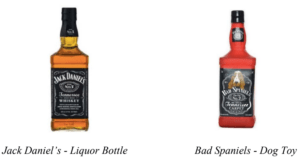
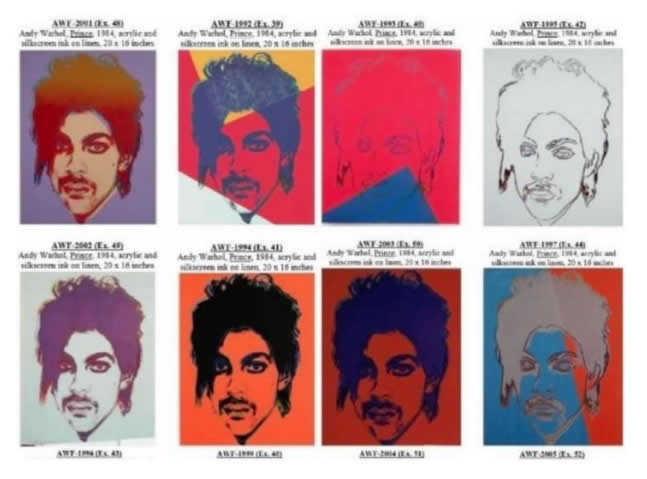
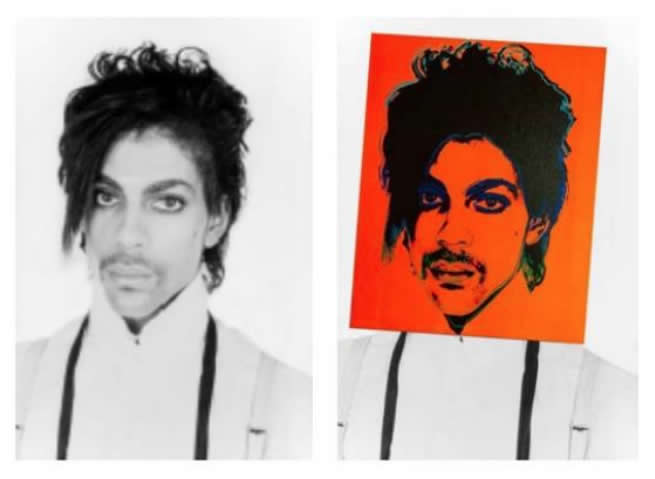
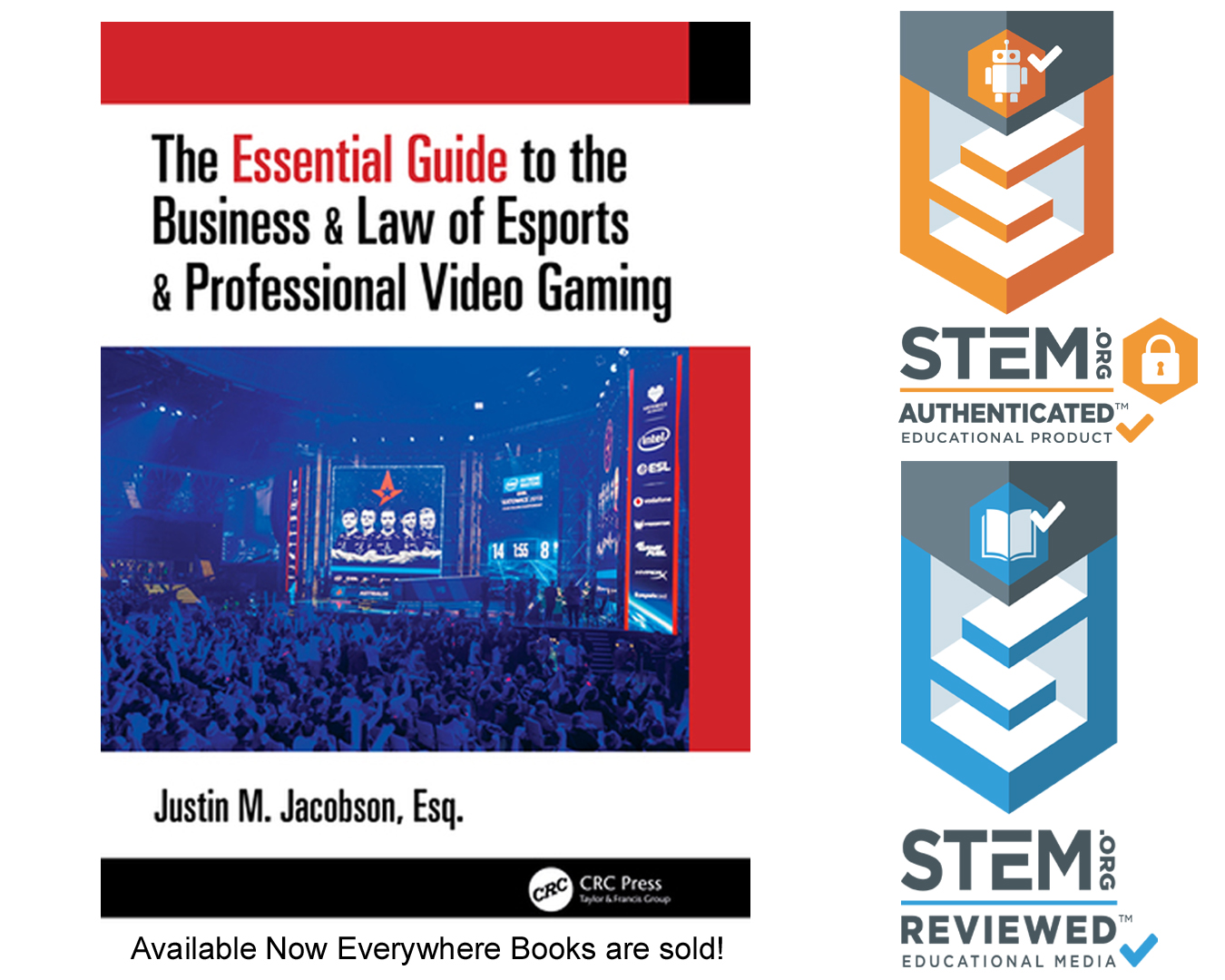

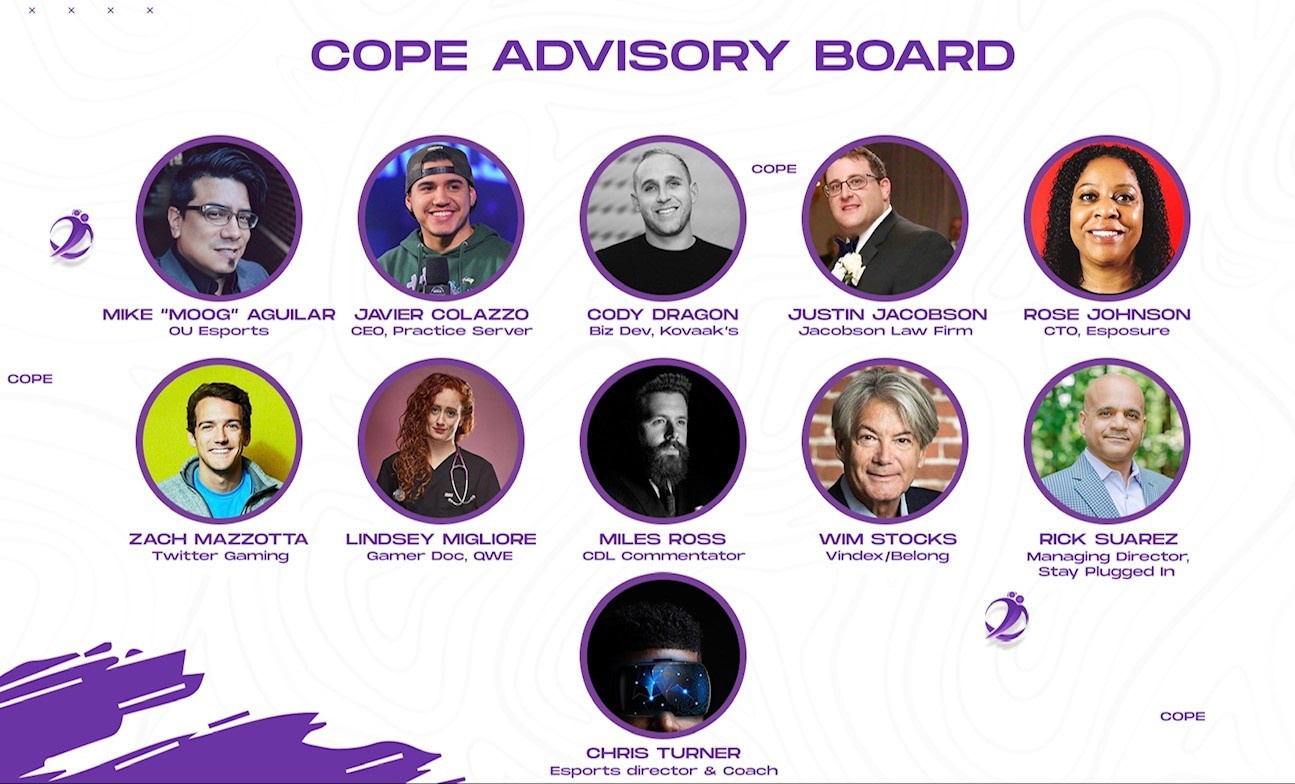
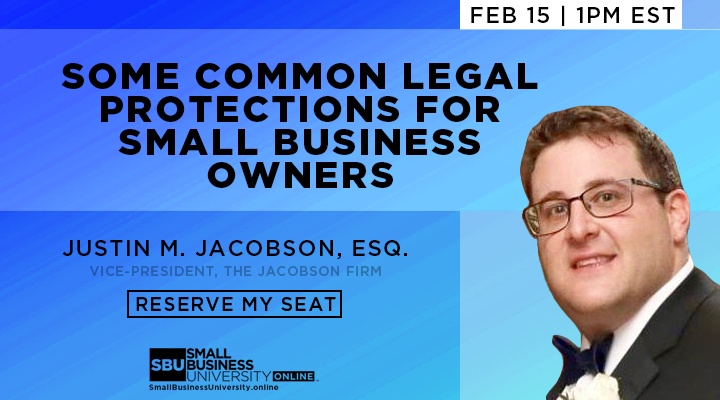
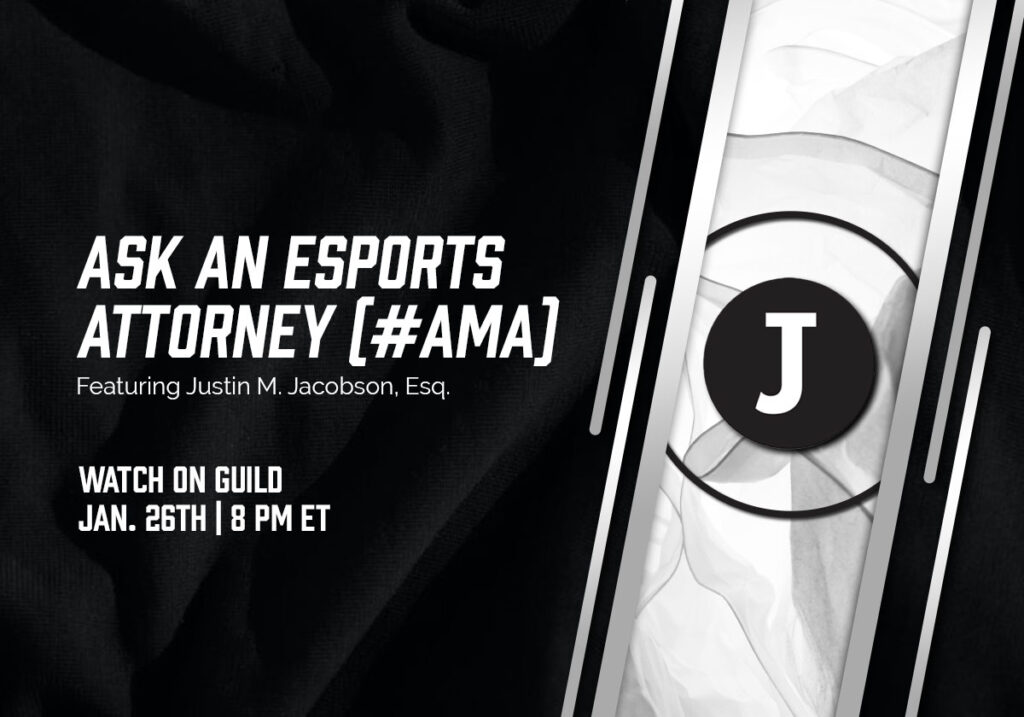 On January 26, 2022, the fourth episode of "
On January 26, 2022, the fourth episode of "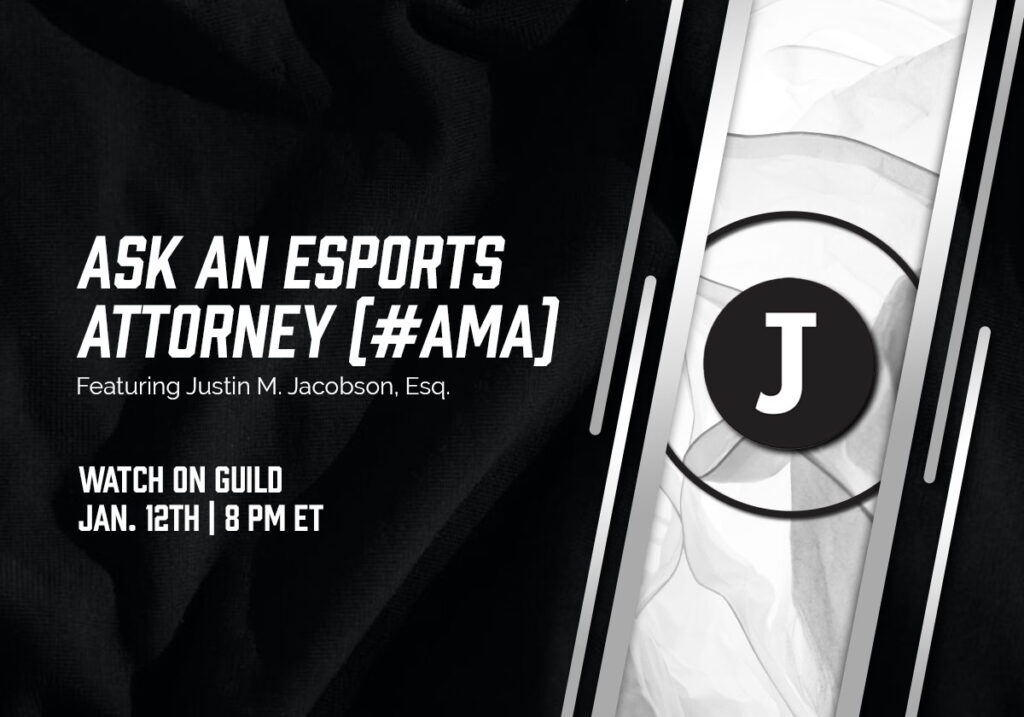 On January 12, 2022, the third episode of "
On January 12, 2022, the third episode of "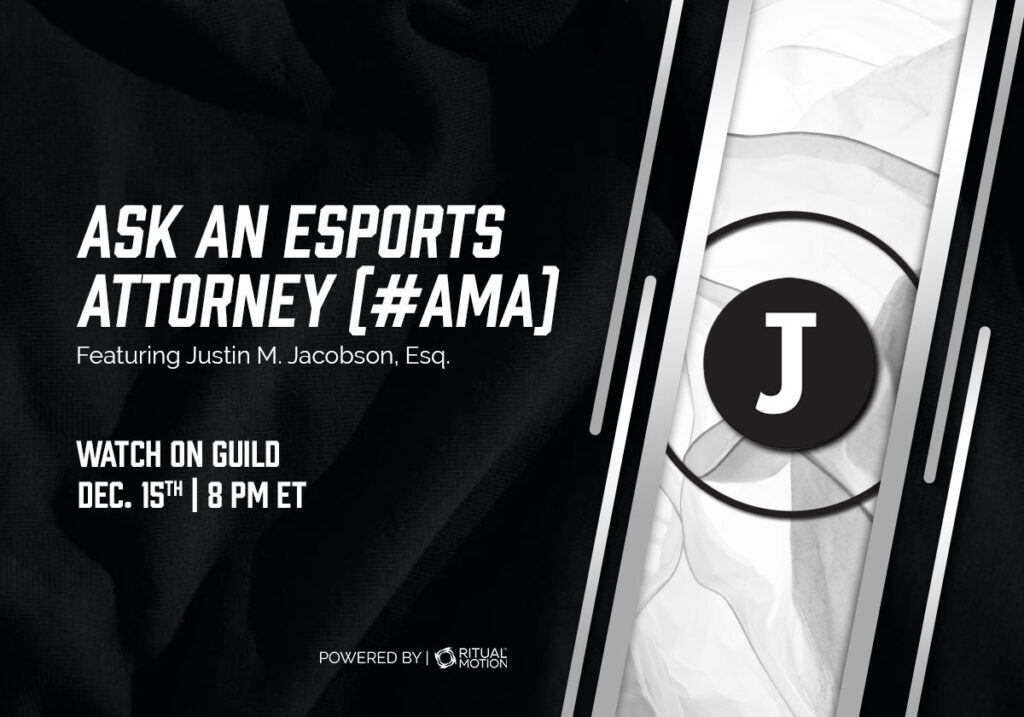 On December 15, 2021, the second episode of "
On December 15, 2021, the second episode of "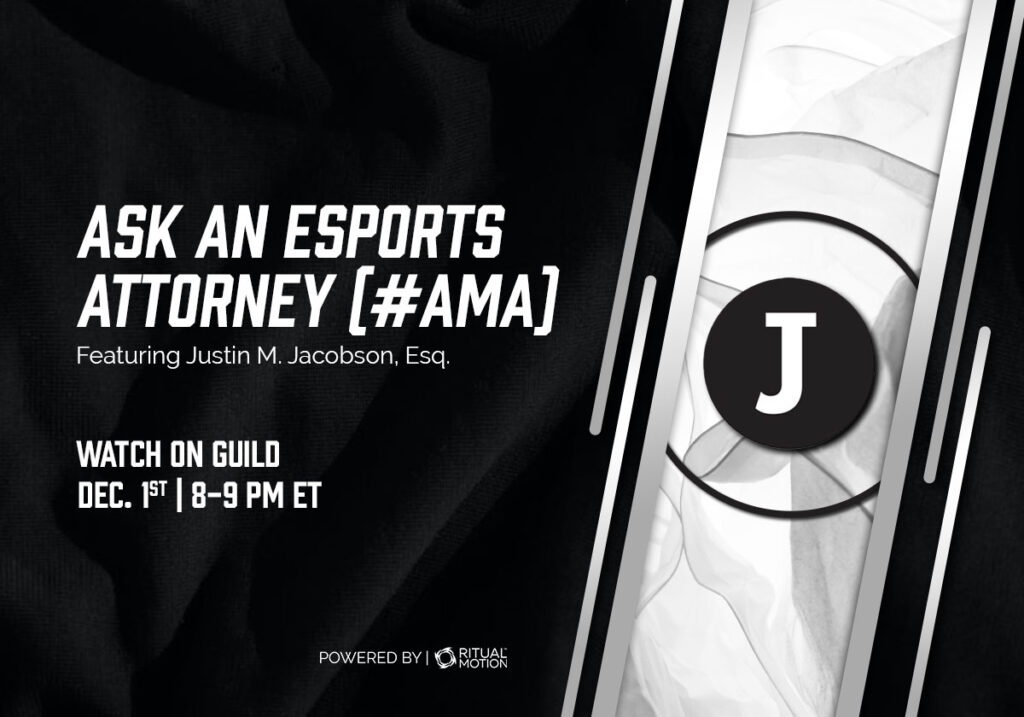 On December 1, 2021, the first episode of "
On December 1, 2021, the first episode of " On August 9, 2021, The #EsportsBizShow aired on
On August 9, 2021, The #EsportsBizShow aired on 



 On June 16, 2021,
On June 16, 2021, 
